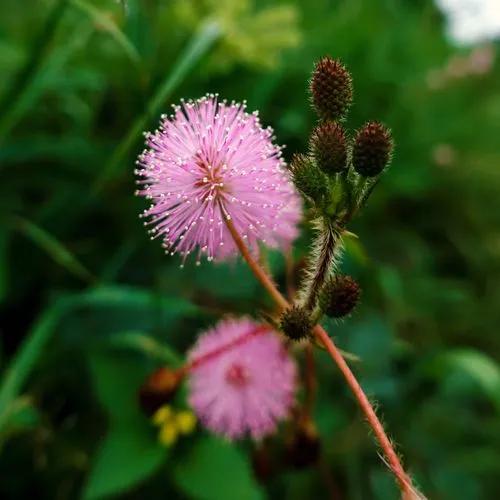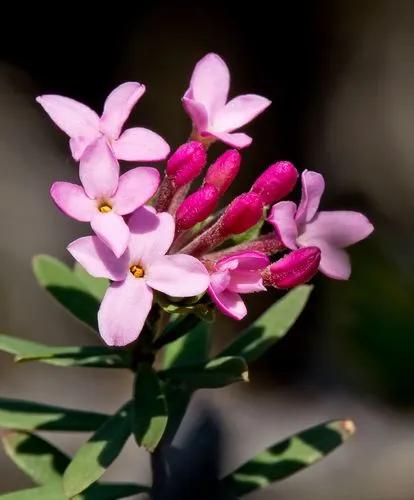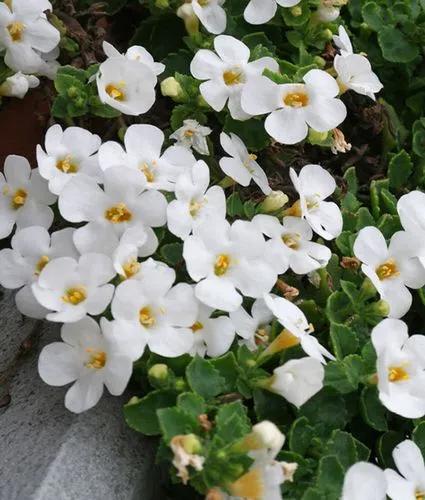German Primrose is a popular flowering garden plant, yet you should take care of it carefully. The poison of Primula obconica is mild; still, it can produce skin rash or irritation on the hands. Moreover, an unknown toxic makes it unsuitable for households with domesticated animals. Despite allergic reactions, Primroses are used in alternative medicine: flower tea as a sedative and young leaves in spring as a source of vitamin C.
Poison Primrose Care
Primula obconica



Primula obconica, which most people know as German Primrose, is a herbaceous perennial plant in the family Primulaceae with about 400-500 known species. In the natural environment, Primrose grows on wet rivers, meadows, and rocky mountain mounds in humid temperate climates. It is most common in Europe, Asia, North America, and China. Primrose is a completely unpretentious plant.
How to Care for the Plant

Water

The soil should be moist during flowering, but not in excess because the roots will rot. It is better to water with soft or stagnant water. After flowering, water the plant less and keep an eye on the top layer of soil - it should dry.

Pruning

You should prune faded peduncles of the German Primrose.

Fertilizer

It is necessary to fertilize in-house German Primrose during the budding period (as soon as you see fertilizing buds) with fertilizers for flowering plants every 14 days.

Sunlight

Indoor, German Primrose needs bright diffused light but does not like direct sunlight. Eastern and western windows of houses are best.

Soil

The soil for the plant can be bought in stores, or make your mixture with the addition of compost.

Propagation

You can propagate Primroses either in spring or autumn vegetatively by dividing the bush during transplanting or from June to July by seed.

Temperature

German Primrose cannot withstand cold weather and should also avoid high temperatures. Indoor Primrose feels best in a cool room at 61-68 °F (16-20 °C). The temperature should not exceed 61 °F (16°C) to prolong the flowering period.

Container

These beautiful, fragrant plants grow well in flower pots as well as can also grow as ample plants.

Fun fact

Ridiculously, the Primroses most widely commercially distributed today are fakes from some other family.

Popularity

66 people already have this plant 32 people have added this plant to their wishlists
Discover more plants with the list below
Popular articles






